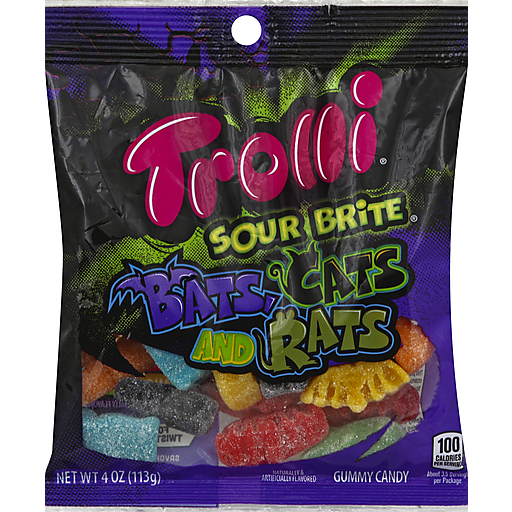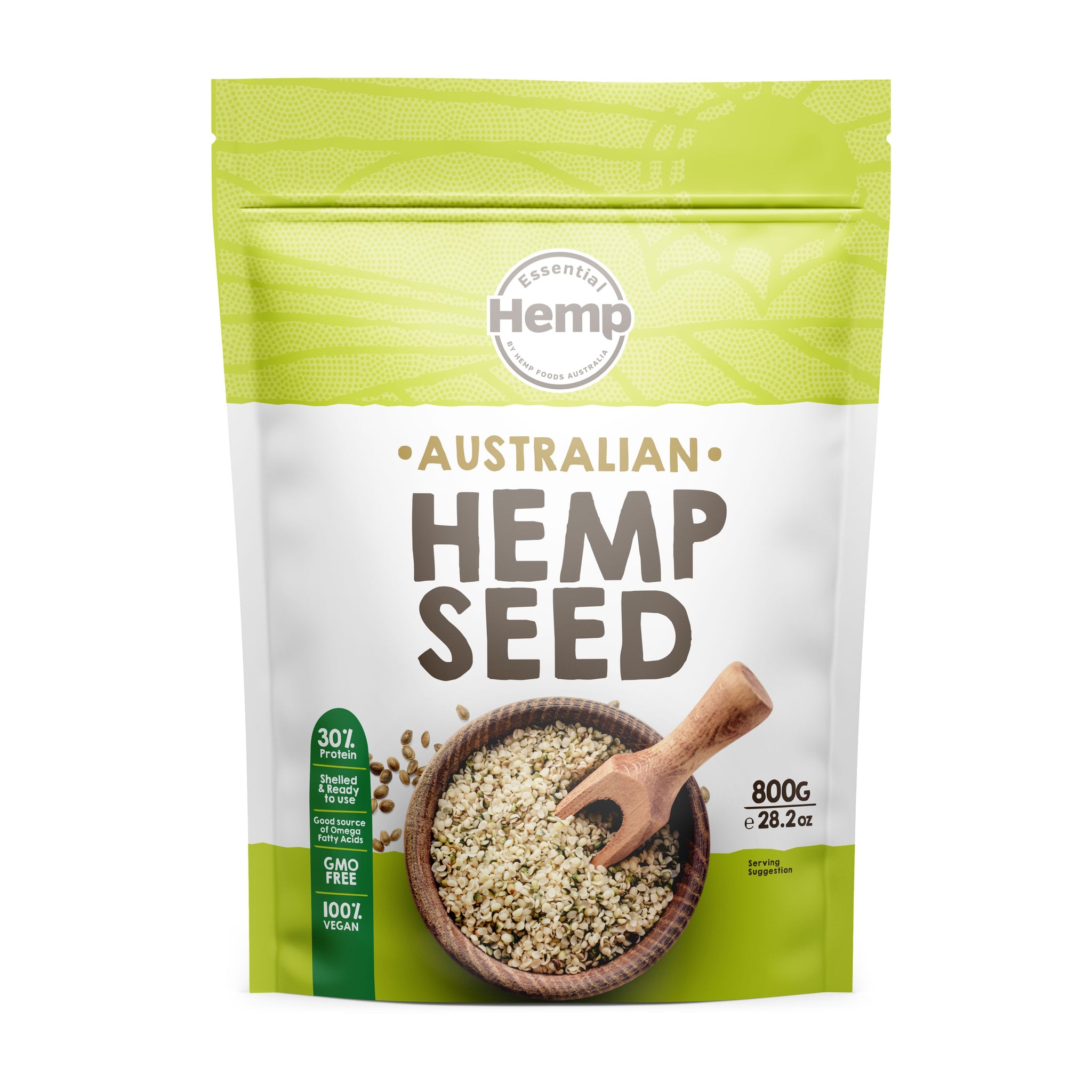
Oral cbd products are available in capsules, tinctures and liquid drops that can be taken by mouth. Oral CBD is not recommended for patients with digestive issues or those who've had metabolic surgery such as gastric bypass. These conditions can make it difficult for CBD to be absorbed into the intestines. The result is that CBD's effects aren’t as strong.
It is crucial to choose the best oral CBD product in order to maximize your experience with this form of cannabinoid. The convenience of oral CBD sprays is making them more popular.
Numerous studies show that topical sprays have the ability to reduce pain and inflammation. It's important to remember that sprays can contain other ingredients. Therefore, it is important to carefully read and follow the directions.

For example, it is possible that a spray can contain menthol, capsaicin or camphor, which could exacerbate pain and make you more susceptible to allergic reactions. This is why it's important to only use active compounds in topical sprays. There are no other ingredients that can cause side effects.
If you are using a topical spray, apply it to the affected area and then wait for at least 15 minutes. A nasal spray can be used. This spray is applied directly to your nostrils and left on for a few seconds. This allows the spray to reach the area quicker, but can cause discomfort if it isn't applied correctly or if its nozzle is too large.
Oral CBD oil, which you can inhale by holding it under the tongue, offers a great way to get high-quality CBD supplements. This type cbd product is easier to absorb than others and can be absorbed much faster into the body.
It's also a good option for people with allergies because the scent of hemp can help relieve the symptoms of nasal congestion. Oral CBD oil is also anti-inflammatory, so it can be used to ease pain and swelling in joints.

CBD isn't a substitute for disease-modifying treatment for arthritis, but it can be helpful in relieving pain and reducing inflammation, so long as it is used alongside other drugs that can help control inflammation. Talking with a doctor is important before you start using CBD. He can advise the best dosage and keep track of your progress.
CBD is more dangerous for older adults because of the increased risk of drug interactions. CBD has a negative effect on the liver enzymes, which are responsible for metabolizing many medication. This can result in the body having higher levels of prescription drugs, including benzodiazepine seatives, immunosuppressants, opioid painkillers, and others.
This is why it is important to talk to your doctor before taking CBD. You can also keep a log of your symptoms to track your progress. It is also important to continue taking any prescribed medication, such as antibiotics and sedatives.
FAQ
How can companies successfully market CBD products in a regulation-compliant manner?
The FDA does NOT regulate hemp as an agriculture commodity. The Controlled Substances Act governs all other cannabis derivatives, such as marijuana. CBD has yet to be subject to specific regulations.
CBD is legal at the state level in 29 states, but federal law still considers it illegal. This uncertainty creates uncertainty for CBD product sellers.
The FDA has strict guidelines regarding how CBD products can be promoted. To make sure that CBD products are clearly disclosed about their THC content, the FDA has established strict guidelines. Companies cannot claim that CBD helps treat certain medical conditions without scientific evidence to support this assertion.
In addition, the FDA requires manufacturers to submit detailed information regarding manufacturing practices and quality control measures. To prove safety and effectiveness, they require that companies conduct clinical trials.
These factors are crucial for companies to consider when developing their marketing strategies.
Does CBD have a future?
The answer is yes. The answer is no, not because of its medicinal benefits, but because it helps people feel better without getting high.
The fact that it doesn't make you feel any different when you use it makes it perfect for those who are looking for an alternative to prescription drugs.
We know that cannabis can help with anxiety, depression, pain relief, insomnia, and other conditions, as evidenced by numerous studies.
Cannabinoids are also found in cannabis, which interact with brain receptors. This interaction leads to feelings of relaxation.
It is essential to learn about CBD oil and its effects if you want to use it for health reasons.
Is there any evidence CBD has anxiety-reducing properties?
CBD oil is effective for treating anxiety because it interacts with certain receptors in the brain called CB1 and CB2. The mood and stress responses are controlled by the endocannabinoid system.
Our bodies activate the CB1 receptor when we feel anxious. This receptor activates and sends signals to amygdala which is responsible for emotional processing.
If the CB1 receptor becomes blocked, the brain doesn't get the signal to express emotions. People who use CBD have fewer negative emotions.
2017 research showed that CBD has been shown to reduce anxiety in those suffering from socialphobia. Another study found that CBD reduced symptoms of PTSD.
A 2018 review concluded that CBD has anxiolytic properties and could help treat generalized anxiety disorder.
Another study concluded that CBD may help with panic attacks.
Multiple studies have proven that CBD can actually increase anxiety levels in mice.
The researchers believe that this discrepancy between human data and animal results may be due to differences in how humans and animals respond to CBD.
CBD has not undergone any safety studies. Experts agree that CBD is safe when taken as directed.
Statistics
- A recent systematic review of human trials also reported that individuals with epilepsy receiving CBD (5–20 mg·kg−1·day−1) were more likely to experience decreased appetite than those receiving placebo (i.e., ~20 vs. 5% of patients) (ncbi.nlm.nih.gov)
- OralWhere HED is the human equivalent dose, and Km is a correction factor estimated by dividing the average body mass (BM) of the species (60, 0.020, and 0.150 kg for 11 humans, mice, and rats, respectively) and by its surface area (see: Nair et al. (ncbi.nlm.nih.gov)
- A recent study [161] also found that in vitro CBD treatment (i.e., ≤ 2 h exposure to 10 μM) induced ~40% vasorelaxation in isolated (pre-constricted) (ncbi.nlm.nih.gov)
- While the primary injury may not be treatable, interventions that attenuate secondary sequelae are likely to be of benefit [203].Only one study (ncbi.nlm.nih.gov)
- As a substance that was federally illegal before the passage of the 2018 Farm Bill, hemp-derived cannabinoids with no more than 0.3% THC still face a regulatory grey area. (forbes.com)
External Links
How To
What are the most common problems in the CBD industry?
The current market for CBD-based products is expanding at a phenomenal rate. Businesses looking to get into this market face many obstacles. These include lack of consumer awareness and high costs of entry, limited capital access, and regulatory uncertainty.
Many consumers don't understand what CBD is and how it works. This means that consumers are unable make informed decisions about purchasing CBD products.
As a result, most CBD companies rely heavily on word-of-mouth marketing. This is expensive because it requires paying for advertising and hiring staff to promote their brand.
Another issue facing new entrants into the CBD industry is the high cost of production. High prices are a major problem for CBD products because of the high cost of raw materials. For example, hemp needs to be grown in specific climates and soil types before it can be processed into CBD oil.
Grow enough hemp to produce CBD oil requires approximately $1,000 per annum. Because of this, many small farmers are unable to afford to grow enough hemp for CBD oil.
A lack of capital access is another issue that new entrants will face in the CBD marketplace. Because of the stigma associated with this industry, many people are discouraged from opening a business.
There is also regulatory uncertainty around the sale of CBD products. There are currently no guidelines on how CBD products should marketed.
Although some states have passed legislation restricting CBD product sales, this has not become a national policy.
Only Nevada, Maine, and Nevada have legalized recreational pot.
Some states, such as Michigan and Massachusetts, are looking at similar measures.
These changes could result in increased competition between CBD manufacturer.
These factors lead to many entrepreneurs choosing to work from their home instead of starting a physical company.